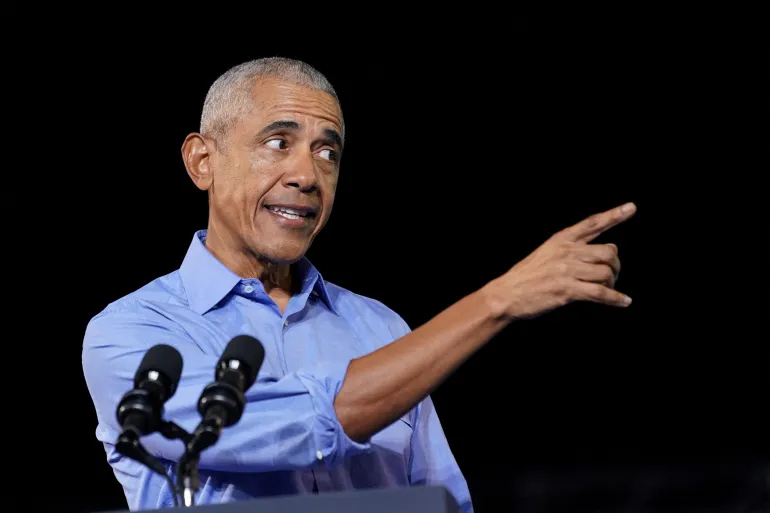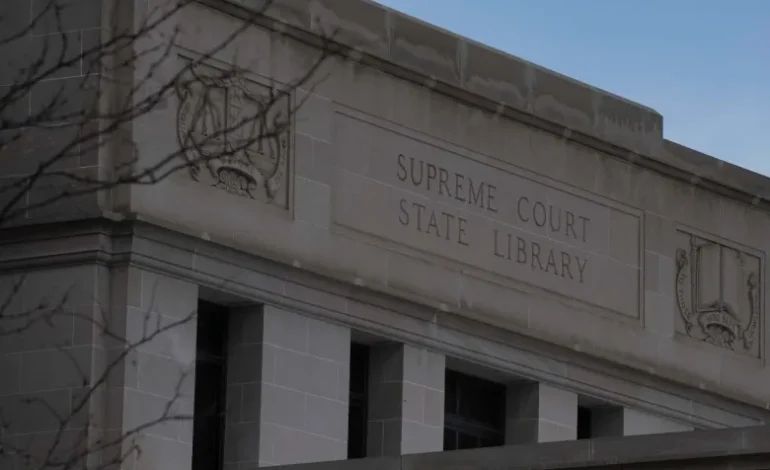The Wyoming Freedom Caucus is calling for changes to the state’s judicial system after a series of court rulings that blocked key elements of its legislative agenda, including new abortion restrictions, Oil City News reports.
The conservative group argues that the current system for appointing judges lacks public accountability and favors what it describes as entrenched legal and political interests.
In recent blog posts, the caucus voiced frustration with what it sees as a judiciary that is resistant to conservative legislation and unresponsive to voters’ values. The posts followed high-profile decisions in which Wyoming courts halted laws passed by the Legislature, including abortion restrictions and other measures backed by the Freedom Caucus.
The group has particularly criticized the state’s method for appointing judges, known as the Missouri Plan. Under this system, a judicial nominating commission reviews applications and submits a shortlist of candidates to the governor, who makes the final selection. The Freedom Caucus argues that this process lacks transparency and is influenced by legal insiders with political agendas.
“For far too long, the judicial branch has been seen as untouchable, outside the realm of criticism,” the group wrote in an April 30 post. “It’s time for judicial reform in Wyoming in a way that gives the people a stake in our bench.”
The caucus’s push comes as the state awaits a ruling from the Wyoming Supreme Court on the constitutionality of a 2023 abortion ban. Lower court judges have already blocked parts of the law, as well as more recent legislation requiring ultrasounds prior to medication abortions and imposing new restrictions on the state’s only abortion clinic.
Freedom Caucus leaders say such decisions show a judiciary disconnected from the will of Wyoming residents. Critics, however, argue the group is targeting the courts because its policies have faced legal challenges.
“This boils down to them not appreciating the Wyoming Constitution, and at times, the US Constitution,” said Rep. Karlee Provenza, D-Laramie.
Other state lawmakers, including some Republicans, have pushed back on the caucus’s claims. Rep. Cody Wylie (R-Rock Springs) suggested the problem lies not with the judiciary, but with legislation that fails to meet constitutional standards.
“The solution: Do the work. Make sure the bill fits Wyoming laws,” he wrote in a public letter.
The Freedom Caucus has not yet settled on a specific reform strategy. Some members have expressed openness to judicial elections, while others favor expanding the governor’s authority to appoint judges without commission input—similar to the federal model.
Supporters of the current appointment system say it helps preserve judicial independence by keeping partisan politics at bay. Members of the Judicial Nominating Commission also rejected accusations of bias.
“Our process is apolitical, merit-based, and it digs deep on candidates,” said commission member Clint Langer, a Sheridan attorney.
Another commission member, Richard Fagnant, also dismissed the claims.
“You would have to get lawyers and citizens appointed by a Republican governor all agreeing to infuse left-leaning politics into the system,” he said.
Both he and Langer noted they did not know the political affiliations of their fellow commissioners.
Polling data suggests that most Wyoming residents are not dissatisfied with the courts. According to a 2024 survey by the Wyoming Survey and Analysis Center, more than 40% of respondents approved of how state judges handle their jobs, while only 13% disapproved.
Still, Freedom Caucus leaders say their concerns go beyond public perception and touch on broader issues of representation and fairness.
“They’re not defending the people’s right to fair courts—they’re defending their own influence,” said Rep. Rachel Rodriguez-Williams, the group’s chairwoman.
The debate over judicial reform in Wyoming continues amid ongoing legal disputes involving Freedom Caucus affiliates. The group has pointed to three active lawsuits—ranging from defamation to civil rights—as further evidence of what it views as ideological targeting by the courts.










The latest news in your social feeds
Subscribe to our social media platforms to stay tuned